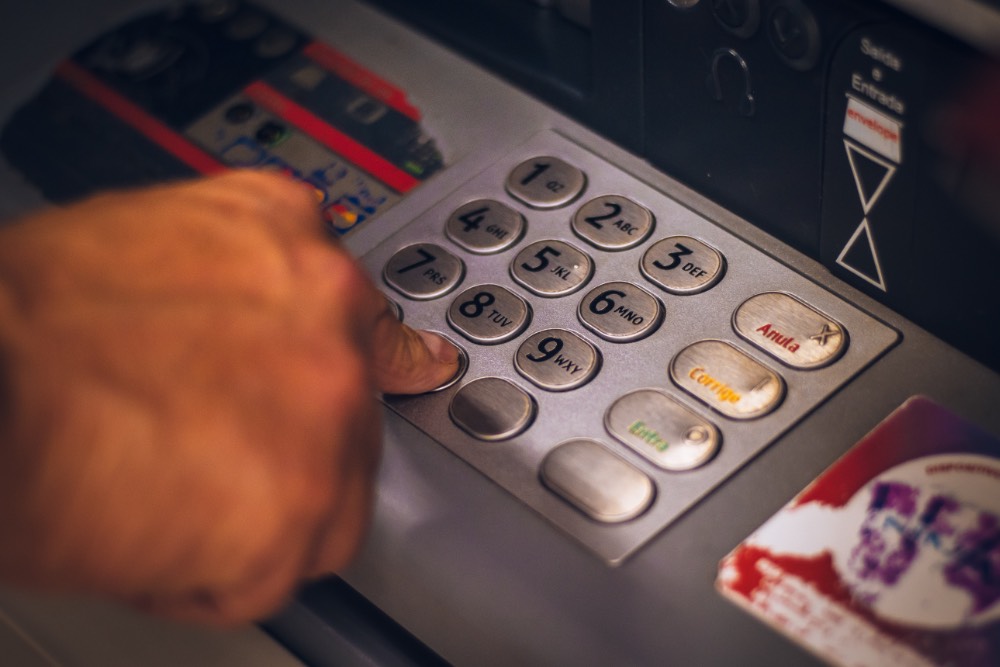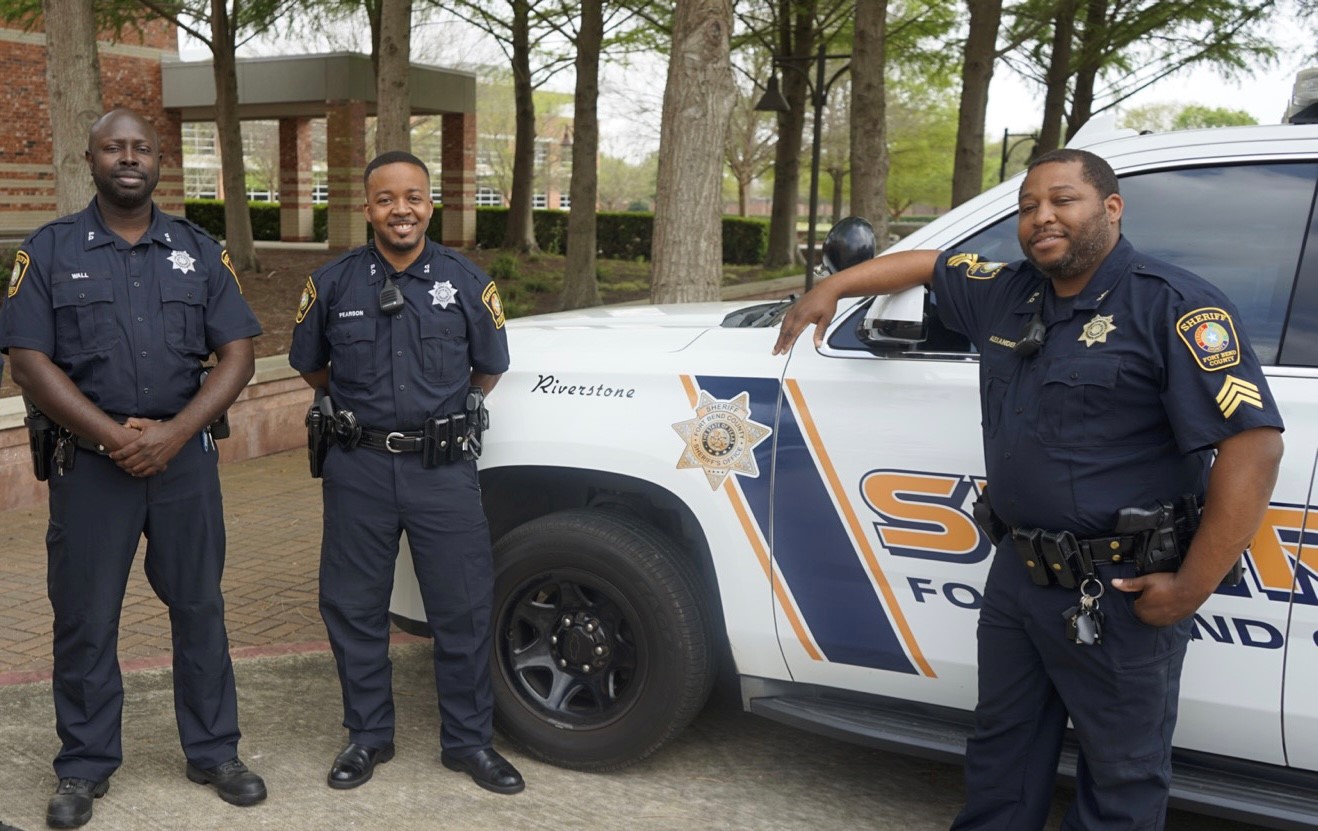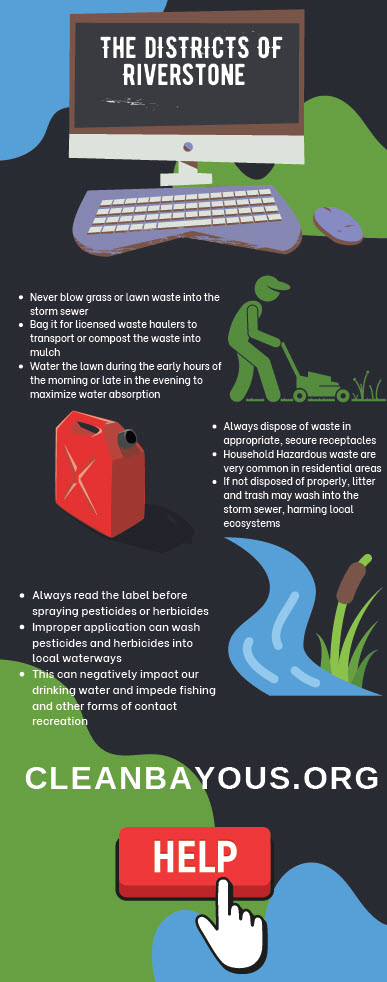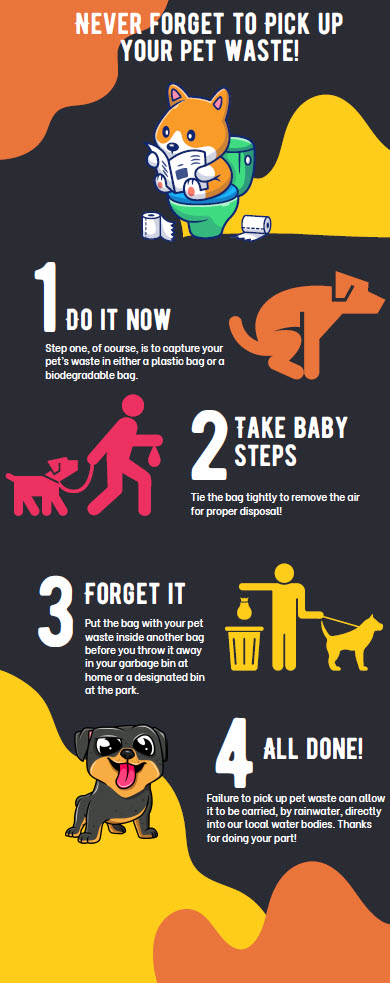Latest News
Beware of Alligator

The ferocious gator enjoying dinner.
The District wants to inform residents of the presence of an alligator in the ponds. As the temperature rises, we want to warn against swimming and fishing in the ponds.
There has been a recent confirmed alligator sightings in the ponds. The Board is not taking any action to remove the alligator but wants residents to be aware of the sightings. The district wants to remind residents to treat all wildlife with respect. Feeding, harassing, injuring, or removing wildlife, including alligators, is against the law. Remember that they’re an important part of Texas’s natural history, as well as an integral part of many wetland ecosystems.
Stay safe around alligators by following these rules:
- Do not feed or harass alligators. The District advises against feeding or offering food, including fish or bait, to alligators.
Other tips:
- Retreat: always keep at least 30 feet away from alligators. If you get too close, back away slowly. Do not assume that alligators are slow and sluggish. They are extremely quick and agile and will defend themselves when cornered. They rarely chase people, but they can outrun or outswim the fastest person for the first 30 feet.
- Hiss: If an alligator hisses, it’s warning you that you are too close. Back away slowly.
- Protect: A female protecting her nest or young may charge if you get too close but will quickly return to the nest after you leave. Avoid piles of twigs, grasses and/or soil near the side of the lake. Also avoid any group of small alligators under a foot long.
- Bask: Alligators often bask along the banks of ponds or streams. They are usually warming their bodies; they are not actively hunting. Often a basking alligator will have its mouth open. It is cooling itself, as alligators do not pant or sweat.
- Pets: Pets are the size and shape of common alligator prey. Keep them away from the water’s edge and on leashes that are no longer than 6 feet. Do not leave your pet unsupervised. Alligators have a keen sense of smell. Your pet will be curious, and the alligator may see it as an easy food source.
Texas Parks & Wildlife Department Do’s and Don’ts
- Don’t kill, harass, bother, or try to move alligators. A provoked alligator is likely to bite.
- Don’t feed or entice alligators. When fed, alligators overcome their natural shyness and become accustomed to or attracted to humans.
- Do tell others that feeding alligators creates problems for those who want to use the water for recreation.
- Don’t remove an alligator from its natural habitat or accept one as a pet. It is a violation of state law to do so. You cannot tame an alligator, and even small ones may bite. Never go near baby alligators or pick them up. They may seem cute and harmless, but mama alligator is nearby, and will protect her clutch.
- Keep alligators a safe distance (at least 30 feet) from you.
Be Aware: Jugging

Jugging is a term used to describe a form of scam or fraud in which individuals are targeted and robbed after leaving a bank or ATM. This criminal activity involves a group of people working together to steal cash or other valuable items from unsuspecting victims. Criminals who engage in jugging often observe their targets as they enter and exit banks or ATMs, looking for people who withdraw large amounts of cash or items from safe deposit boxes. They then follow the victim to their next destination, usually a retail store or other business, and wait for an opportunity to break into their car and steal their valuables.
One of the best ways to prevent jugging is to be aware of your surroundings when entering and exiting a bank or ATM. Take note of any suspicious individuals or vehicles in the area and avoid carrying large amounts of cash or valuables, such as jewelry. If possible, use electronic banking services or credit cards to make transactions.
When leaving a bank or ATM, be sure to check your surroundings and make sure you are not being followed. If you suspect that someone is following you, call the police or go to a safe location, such as a police station or crowded area.
Avoid leaving valuables in plain sight and make sure your car is locked and windows are rolled up. If possible, park in a well-lit area with security cameras. To avoid becoming a victim of jugging, individuals should be aware of their surroundings, avoid leaving large amounts of cash or valuables in their vehicles, and take steps to protect themselves and their valuables.
If you believe you are being followed, or if you are victim of jugging, contact the Fort Bend County Sheriff’s Office.
Did you find this article informative? Help keep your neighbors in the know by sharing to your favorite social media channels.
Coyote Sighting
Fort Bend County Municipal Utility District 128 (the “District”) received a report from a resident of a coyote sighting. The District has confirmed additional coyote sightings. The District is not taking any action to remove the coyote(s) at this time, but has tips on how to keep you and your family safe.
Coyotes may mistake small, unattended pets as prey or attack large dogs they view as threats to territory or dens. To keep your animals safe, take two simple steps:
- Watch your pets. Keep cats indoors, and never leave small dogs outside unsupervised or let any dog out of your yard off leash.
- Secure food sources. Store garbage in wildlife-proof containers and feed pets indoors.
Do not deliberately feed coyotes. You may enjoy hand-feeding animals, but this is a surefire way to get them accustomed to people and will ultimately lead to their demise. Here are some other general rules about feeding:
Avoid feeding pets outside. If you must, feed them only for a set time during the day (for no more than one hour) and remove the food bowl as soon as your pet has finished his or her meal.
Free-roaming pets, especially cats and sometimes small dogs, may attract coyotes into certain neighborhoods. The best way to minimize risk to your pets is to not leave them outside unattended.
Did you find this article helpful? Your neighbors and friends might too. Spread the news to your Facebook, Twitter & Nextdoor!
No Boil Water Notice for FBCMUD 128
There is no boil water notice in effect for Fort Bend 128 residents or businesses.
The City of Houston has issued a Boil Water Notice for their water system and other systems effected by the City’s issue. While local media (and social media) are reporting boil water notices for the City and those other Water Districts in our area, these notices do not pertain to Fort Bend 128 receivers, as the District maintains independent water production facilities. Again, Fort Bend 128 is not currently under a Boil Water Notice.
In the event a Boil Water Notice needs to be issued for our community, notification will be provided. For immediate and up-to-date 24/7 information, you can always reach out to SI Environmental, 24-hour Customer Service line at 1-877-382-7416.
Get To Know Your Riverstone Deputies

Michael Alexander is the Riverstone Patrol Sergeant. Sgt. Alexander started his Law Enforcement career at the Harris County Sheriff’s Office jail and has been employed at the Fort Bend County Sheriff’s Office since 2010. Sgt. Alexander worked in the Patrol Division for 7 years before being promoted to Detective. Sgt. Alexander spent 5 years in Criminal Investigation Division working in Special Crimes Division and was promoted in 2021, where he took over the Riverstone Contract.
Deputy Fabbain Pearson has been a member of the Fort Bend County Sheriff’s Office since June of 2021 and serving the Riverstone community since November of 2021. A native Texan, Pearson was born in Houston and raised in Fort Bend County. He was inspired from a very young age by his Law Enforcement father and School Teacher mother to serve and help the community. Fabbain Pearson received his K-12 education from the Fort Bend Independent School District, graduating from Willowridge High School. He would then go on to the University of Arkansas at Pine Bluff, where he would graduate with a bachelor’s degree in Psychology and a minor in Criminal Justice. Returning to Fort Bend County, Fabbain Pearson taught for 6 years in Fort Bend Independent School District and worked multiple after school programs. In the fall of 2020, Fabbain Pearson was accepted into the Gus George Law Enforcement Academy. Upon graduating and receiving his peace officer license from the Texas Commission on Law Enforcement Deputy Fabbain Pearson started with the Sheriff’s Office and has been a valued member ever since. Deputy Fabbain Pearson hopes to continue to be a beacon of hope and positive change in the community for many years to come.
Terrance Wall is currently assigned to the River Stone night shift contract. Wall has been employed with Fort Bend County since 2008 where he started his career with the Sheriff’s office night shift patrol. While at the Sheriff’s Office Wall received his Basic Instructor Certification and was a part of the Honor Guard team. Wall stayed with the Sheriff’s Office for about 6yrs before transferring to Fort Bend County Precinct 1 to get experience and knowledge on the civil side of law enforcement. He worked for Precinct 1 for roughly 8 years where he worked in contracts then transferred to the Toll Road. While there, Wall was certified in Intermediate, Advanced, and Reconstruction Crash Investigation. Wall also achieved his Advanced TCOLE license while at Precinct 1. Wall most recently transferred back to the Sheriff’s Office and is reaching 14 years of patrol experience with Fort Bend County.
Vacation Watch
Residents of Riverstone can request a vacation watch on their home. Deputies working the area will periodically check the home to make sure it is secure. Deputies look for any signs of unusual activity or suspicious persons around your home. During the past year, the constables conducted hundreds of vacation watch checks while homeowners were out of town.
Please click the link below to sign up for a vacation watch.
Fort Bend MUD 128: Protecting Your Pipes for Winter
We Texans know how to bundle up when it gets cold out there. Gloves, hats, scarves, jackets and boots are a necessity for warm-blooded Texans when the temperatures begin to drop. Likewise, have you considered bundling up your home in preparation for the cold? Extra steps should be taken to protect your pipes in order to prevent them from cracking or breaking during the winter season.
How should I winterize?
Draining the pipes prior to cold weather is usually a good idea, as water that isn’t moving can freeze within the lines and cause them to crack. If you plan to winterize yourself, take care to insulate all pipes that are exposed to the weather. Use pipe insulation foam to wrap around your pipes and secure with strong tape. Other methods include using rags or towels to wrap the pipes; however, the insulating foam that is designed to do the job is your best bet. An insulating foam faucet cover can be used to protect outdoor faucets as well. Any exposed pipes, especially those that run along walls and outside, should be winterized against the elements. Ambient temperature can drop in places you might not notice, such as your attic, and cause damage when they freeze.
What about my sprinkler system?
For the coldest months we want to be sure we are protecting our sprinkler system. Most sprinkler installation and repair companies offer a sprinkler blowout service. Essentially, blowing out any standing water and draining the underground pipes, reduces the risks of major damage to your system.
Do I need to winterize my pool?
Even in Texas, you will need to take some steps to ensure that your pool equipment stays functional during winter. This includes modifying the amount of chemicals you add to the water, increasing the frequency of cleaning out the skimmer and pump strainer, installing freeze protection equipment and/or running your pump 24/7 if you know there will be a freeze.
Does the temperature inside my house make a difference?
Yes! Aside from comfort, its good practice to have your home warm prior to a big freeze. Open cabinets or leave them slightly ajar so that warm air can circulate around pipes that run through them. This will protect the pipes within the house. When we know a freeze is coming, it’s not a bad idea to go ahead and turn the heat up to a comfortable level.
Notice of Public Hearing on Tax Rate
The Fort Bend County Municipal Utility District No. 128 will hold a public hearing on a proposed tax rate for the tax year 2022 on Monday, October 24, 2022 at 8:15 a.m., at 202 Century Square Blvd., Sugar Land, Texas 77478, by videoconference at Microsoft Teams: https://districtmtg.com/q3r Your individual taxes may increase at a greater or lesser rate, or even decrease, depending on the tax rate that is adopted and on the change in the taxable value of your property in relation to the change in taxable value of all other property. The change in the taxable value of your property in relation to the change in the taxable value of all other property determines the distribution of the tax burden among all property owners.
Visit Texas.gov/PropertyTaxes to find a link to your local property tax database on which you can easily access information regarding your property taxes, including information about proposed tax rates and scheduled public hearings of each entity that taxes your property.



